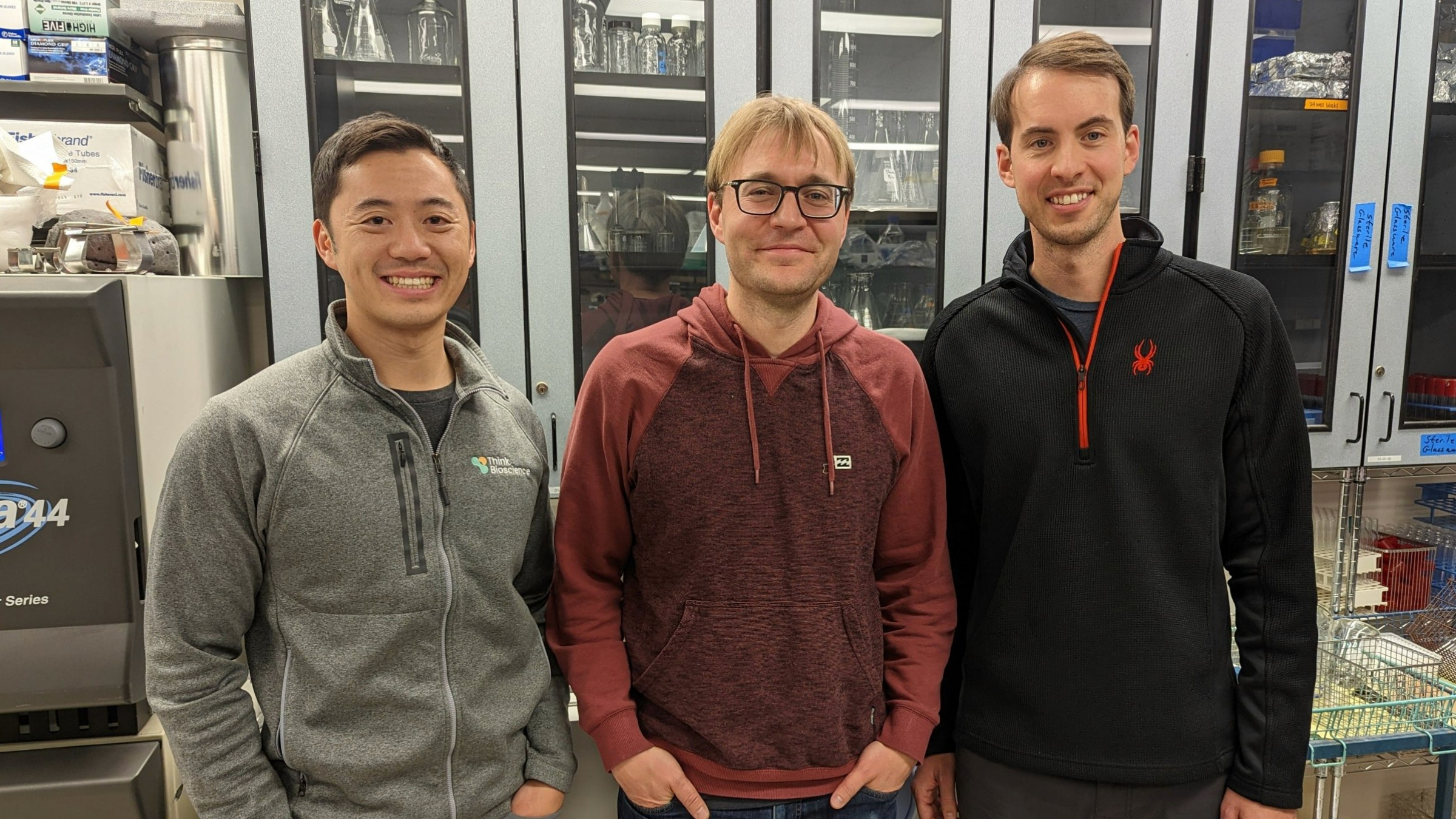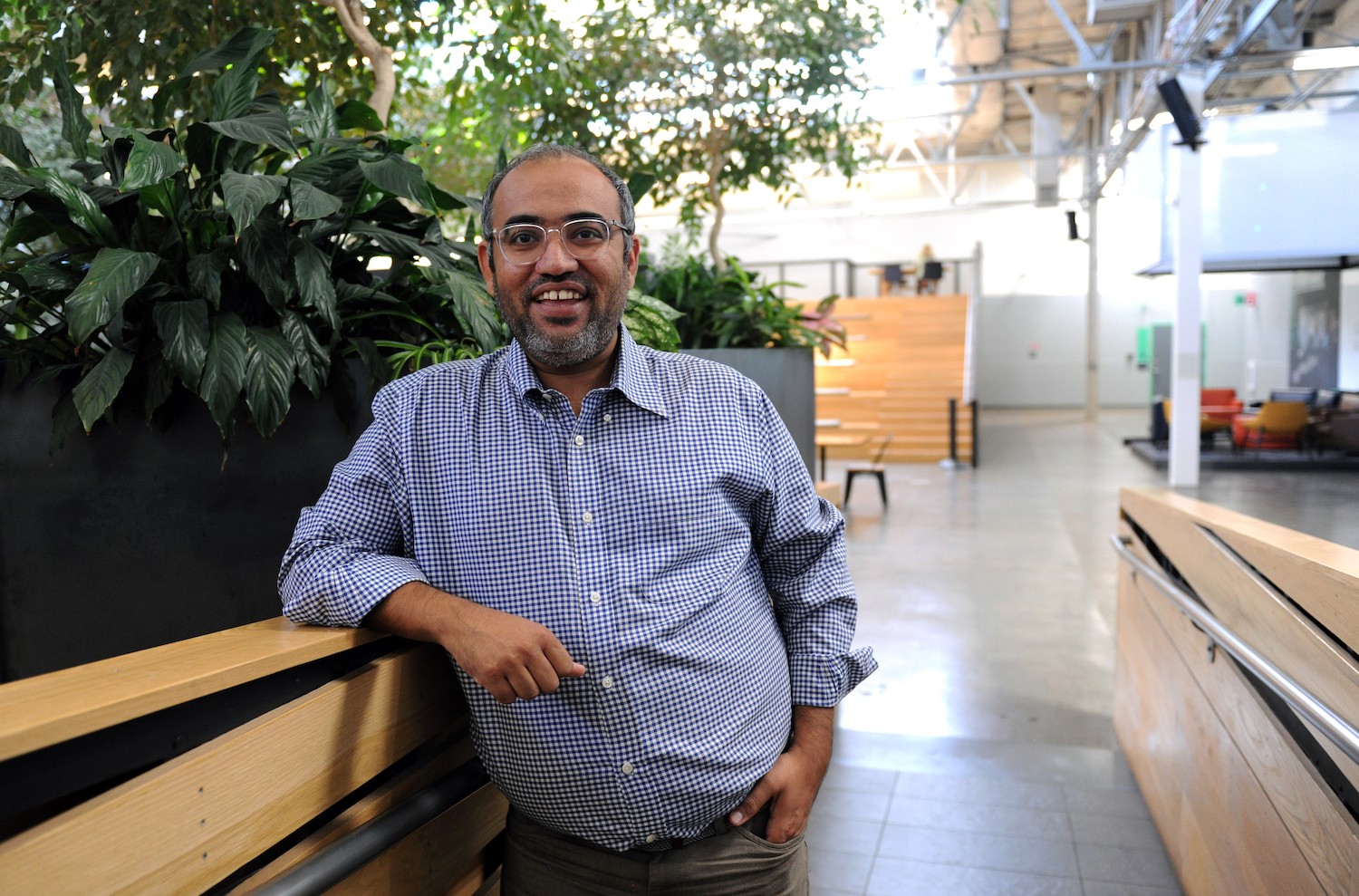Environment
BiomEdit Secures $2 Million from Bezos Earth Fund to Enhance AI for Methane Reduction in Cattle
BiomEdit is set to revolutionize cattle emissions reduction through an innovative AI model, thanks to significant funding from the Bezos Earth Fund.
BiomEdit, an innovative animal health biotechnology firm, has announced its selection as one of 15 global teams to receive nearly $2 million in funding from the Bezos Earth Fund's AI for Climate and Nature Grand Challenge. In collaboration with Bioversity International USA and Yale University, the funding will aid in the development of the Rumen Digital Twin, an artificial intelligence (AI) model aimed at identifying the most effective strategies for reducing methane emissions in cattle while enhancing animal productivity and welfare.The initiative will utilize data from over 20,000 ruminants across more than 25 countries, including regions in the Global South. The AI model will amalgamate publicly available and newly generated data to create over 10,000 microbiome profiles interconnected with methane emissions, dietary habits, host genetics, and animal performance indicators.The project's aim is to replace traditional, lengthy, and costly animal trials with AI-driven simulations that can pinpoint the exact conditions and animal characteristics where specific feed additives or interventions will be most effective.
These customized strategies are anticipated to decrease methane emissions by up to 75% compared to non-targeted methods while preserving or enhancing animal productivity."This project reflects the power of the microbiome and the use of AI to reduce methane and improve productivity in livestock," stated Aaron Schacht, CEO of BiomEdit. "With the generous support of the Bezos Earth Fund and in collaboration with Bioversity and Yale, we aim to develop a better understanding of targeted interventions and share that knowledge to positively affect both climate impact and animal well-being.
"Expected results from this project include an open-access, cloud-based platform where users can generate and explore virtual ruminant populations, simulate interventions, and refine strategies for methane reduction and productivity enhancement. This platform and model will be accessible to research and non-profit organizations worldwide at no cost, with commercial licensing options available for developers.The Bezos Earth Fund's AI for Climate and Nature Grand Challenge, launched in 2024, is a $100 million initiative aimed at leveraging AI to tackle the pressing challenges of climate change and biodiversity loss. The program connects innovators with resources and mentorship from leading technology partners, including AWS, Google.org, NVIDIA Corporation, Microsoft Research, AI2, and Esri."These projects show how AI, when developed responsibly and guided by science and local knowledge, can strengthen environmental action and ensure its overall impact on the planet is positive," remarked Dr. Amen Ra Mashariki, Director of AI and Data Strategies at the Bezos Earth Fund.
The Rumen Digital Twin builds upon BiomEdit's initial methane-reduction project, which received a $4.5 million grant from the Gates Foundation in 2023. This earlier initiative focuses on microbiome-based feed additives aimed at reducing methane emissions in cattle across Africa and South Asia, while simultaneously improving feed efficiency and food security for small-scale producers. Together, these initiatives underscore BiomEdit's expanding leadership in creating sustainable, microbiome-based climate solutions for agriculture.




















